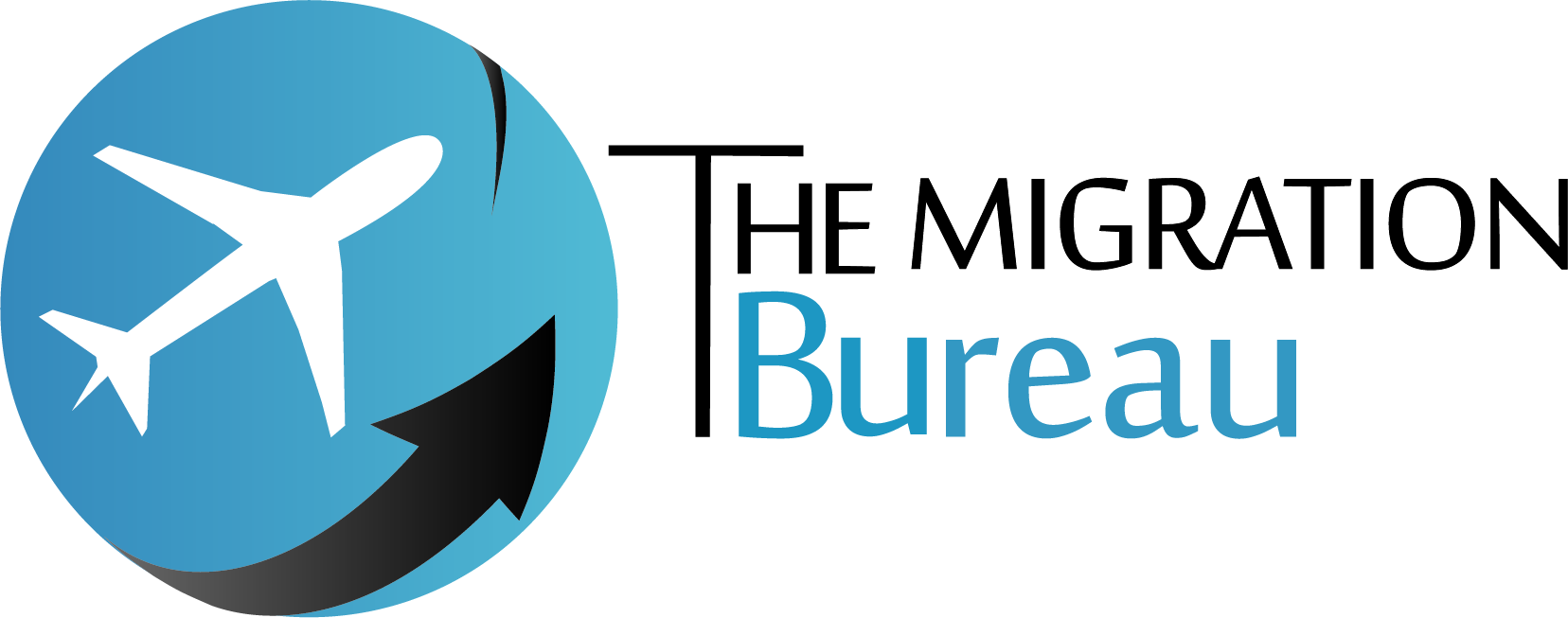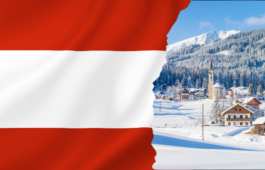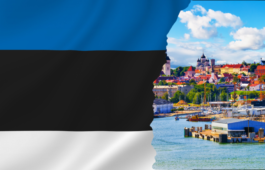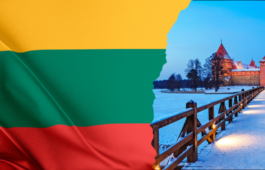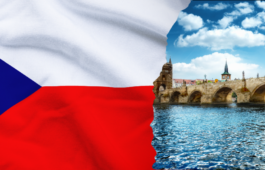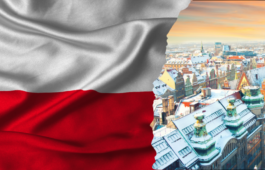Refugee in Poland – the Office for Foreigners deals with issuing international protection decisions. Regulations are included in the Act on granting protection to foreigners within the territory of the Republic of Poland from 13 June 2003; the Geneva Convention of 1951 regarding the status of refugees and the New York Protocol of 1967. Refugee Convention, is a United Nations pact that defines who can be named a refugee, what rights they have, who are granted asylum and the responsibilities of nations.
In Poland,here is a special Department of Refugee Proceedings which examines incoming applications.
How to apply?
If you are refugee in Poland to apply for international protection, the first step is to submit an application to the Border Guard unit. It is important that the foreigner can document the need to grant such protection. You must submit all documents you have that prove such necessity. If the application also includes other people (minor children, the applicant’s spouse), they must also be present when submitting the application.
Remember that the application will be completed in Polish, in accordance with the information disclosed during the interview with the Border Guard officer. If necessary, an interpreter may be present during the interview.
Additional procedures will appear when submitting the application:
- Photographing
- Fingerprints (mandatory over 14 years old),
- Participation in medical examinations
- detailed checking of the person (if security reasons show that it is necessary)
- conversation to determine which country will be responsible for checking the application for international protection.
Acceptance of the application begins the procedure. Adults receive a confirmation of submitting the document- a temporary foreigner’s identity certificate. This entitles the applicant to a temporary stay on the territory of the Republic of Poland (together with the children if they have been mentioned in the application).
There are cases when an applicant for international protection must be temporarily detained and placed in a guarded center or detention center. The period of such detention is up to 60 days and may be extended. All the circumstances of the case are examined by the court which makes the decisions.
If, after a thorough examination of the case, it turns out that Poland is not responsible for its proceedings, in accordance with EU Council Regulation No. 604/2013 – called Dublin III Regulation shall be establish which country should take over the case.
Status interview
If you are refugee in Poland an important stage in applying for international protection is the interrogation, during which all important issues that may affect decision are discussed. The foreigner should be well prepared for this conversation and take with him all the evidences confirming that international protection is necessary in his case. If he has documents, photos, films, it is time to present all the proofs. Providing false information may have legal effects. The foreigner should be prepared for additional questions and answer them truthfully. If necessary, an interpreter will be available during the interview.
Situation in the country of origin
The foreigner must be prepared that the situation in his country of origin will be thoroughly analyzed. The Office for Foreigners has a special Department on the Countries of Origin of the Department of Refugee Proceedings, which has experts thoroughly analyzing all aspects of cases. They have access to real information about the situation in the countries from which people apply for protection. This helps to make fair decisions.
The Department of Information on Countries of Origin also cooperates with foreign institutions and collects all the latest information. In addition to the overall situation of the countries, they also focus on specific social groups, important events, human rights and safety.
Refugee in Poland – decision
During the proceedings of the case, all available evidences are checking to determine whether the person is entitled to refugee status or subsidiary protection.
Refugee status is granted to a person who is persecuted in his country of origin due to race, religion, nationality, belonging to a particular social group or because of political views. In addition, he can’t or don’t want to have the protection of his country. Persecution is a violation of human rights contained in the Convention for the Protection of Human Rights and Fundamental Freedoms from November 4, 1950.
Persecution includes: the use of physical and psychological violence, sentence discriminating a person, no possibility of appeal against unjust sentences, forcing to act against peace and crimes against humanity.
When analyzing the evidences in the case, it is important to check if the threats are real.
If the applicant does not receive refugee status, he or she may receive subsidiary protection.
Subsidiary protection is possible when there is a real threat that a foreigner after returning to his country can be sentence to death penalty or being tortured. In the armed conflict, if health and life are in danger, it also requires subsidiary protection.
If a foreigner had received a negative decision, he may appeal to the Refugee Board and put a complaint to the Provincial Administrative Court.
In the case of a positive decision and the receipt of one of the forms of international protection, he may legally stay in Poland.
